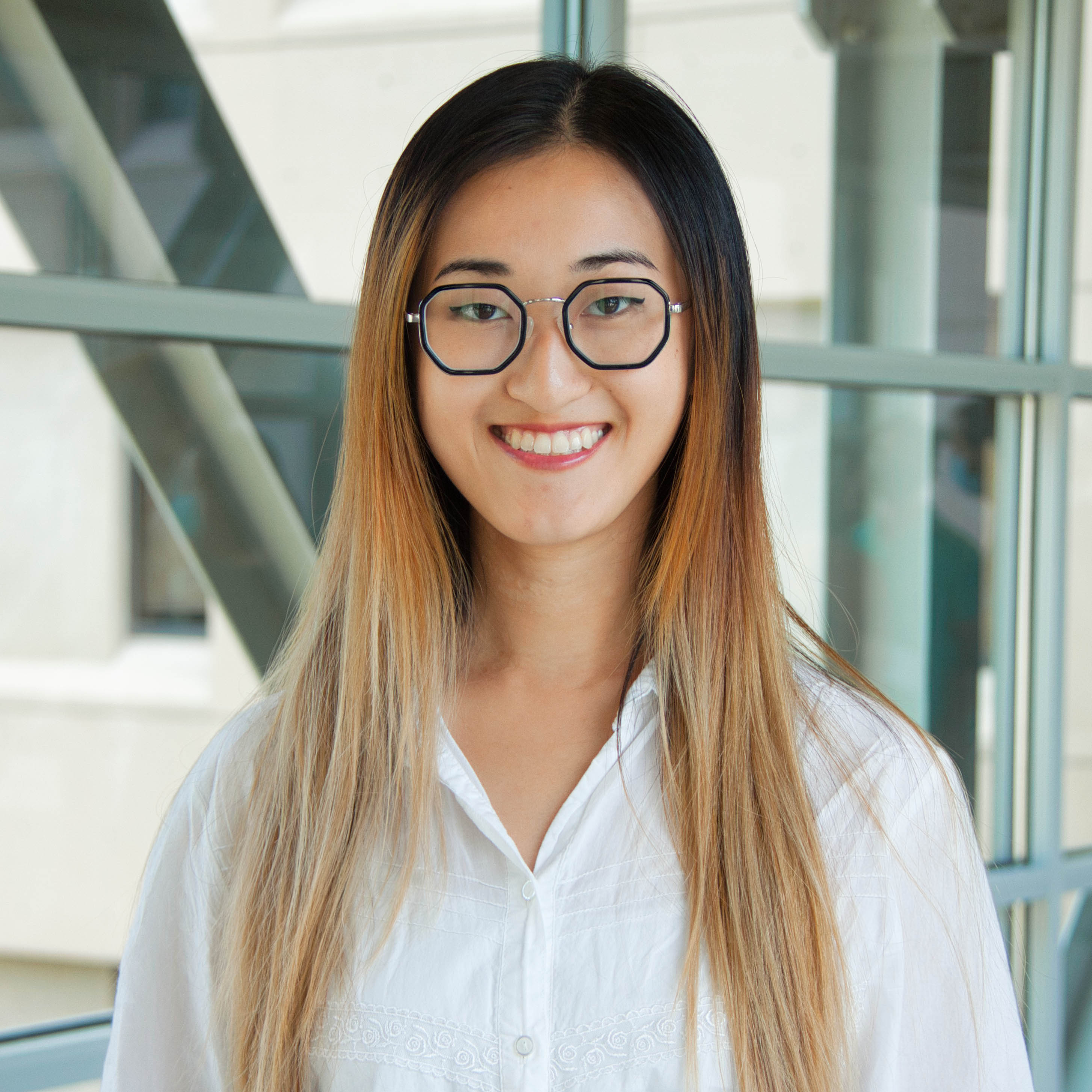
Christine Cao
Doctoral Student, Engineering and Public Policy
5000 Forbes Avenue
Pittsburgh, PA 15213
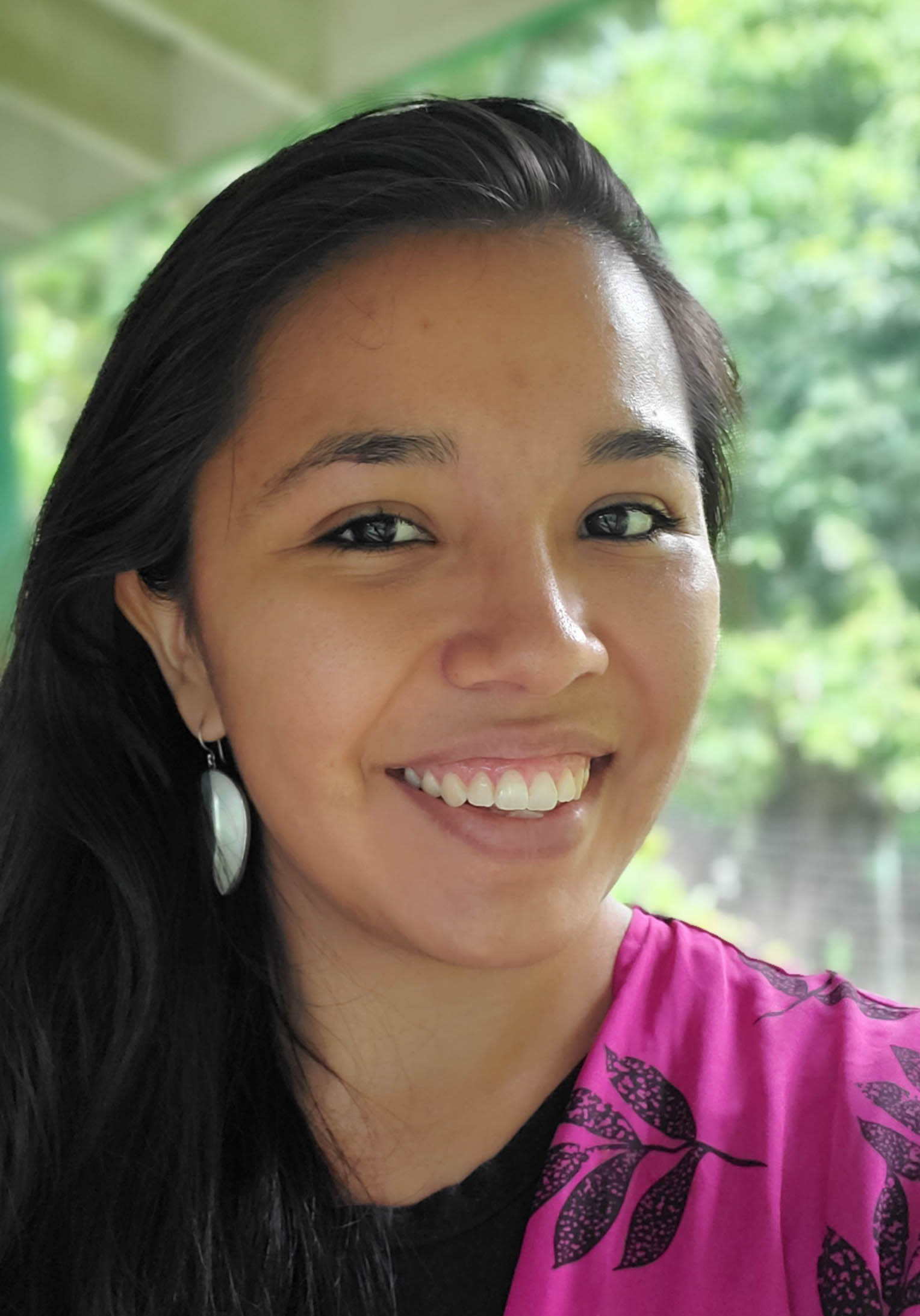
Sabrina Curits
Doctoral Student, Engineering and Public Policy
5000 Forbes Avenue
Pittsburgh, PA 15213
Bio
Sabrina Curtis is a PhD student in the Engineering and Public Policy Program. She earned her MS in Energy Science, Technology and Policy at CMU and her BS in Mechanical Engineering at Columbia University. She is a proud Alumna of Molokai High School and is a federally recognized tribal member. She is co-advised by Valerie Karplus and Baruch Fischhoff. Her research focuses on resource management amidst climate change. She is investigating cross-disciplinary methods, policies and research initiatives to adapt to climate changes and to meet diverse stakeholders needs, values and cultures. She is piloting convergence research between western traditional science and indigenous traditional knowledge.
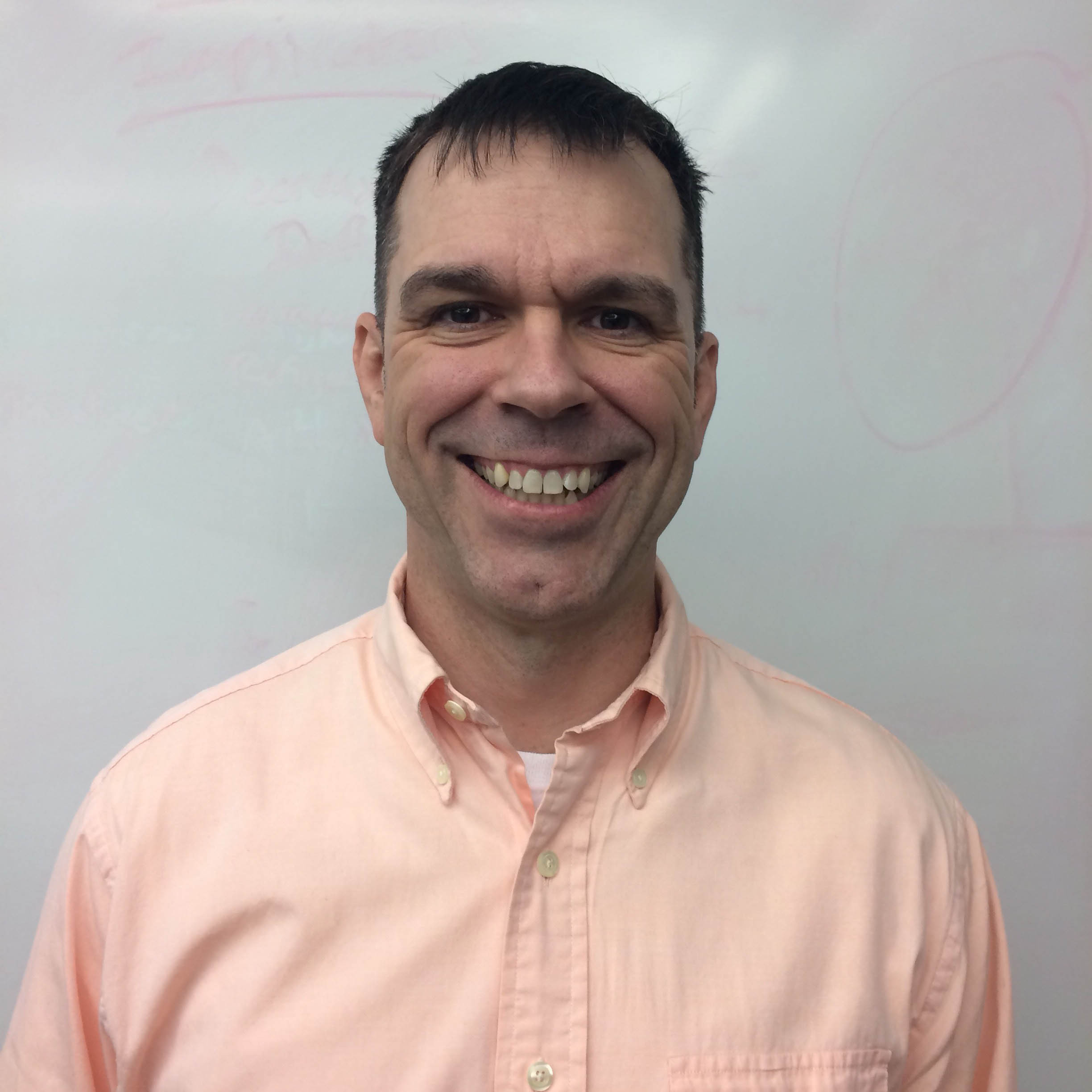
Richard Dunning
Doctoral Student, Engineering and Public Policy
5000 Forbes Avenue
Pittsburgh, PA 15213
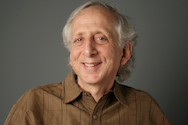
Baruch Fischhoff
Howard Heinz University Professor, Engineering and Public Policy; Social and Decision Sciences
Bio
Baruch Fischhoff is Howard Heinz University Professor, Department of Engineering and Public Policy and the Institute for Politics and Strategy, Carnegie Mellon University. A graduate of the Detroit Public Schools, he holds a BS (mathematics, psychology) from Wayne State University and a PhD (psychology) from the Hebrew University of Jerusalem. He is a member of the National Academy of Medicine and has served on many NAS/NRC/IOM committees. He is past President of the Society for Judgment and Decision Making and of the Society for Risk Analysis. He chaired the Food and Drug Administration Risk Communication Advisory Committee and has been a member of the Eugene Commission on the Rights of Women, the Department of Homeland Security Science and Technology Advisory Committee and the Environmental Protection Agency Scientific Advisory Board, where he chaired the Homeland Security Advisory Committee. His books include Acceptable Risk, Risk: A Very Short Introduction, Judgment and Decision Making, A Two-State Solution in the Middle East, Counting Civilian Casualties, and Communicating Risks and Benefits. He co-chaired two National Academy Sackler Colloquia on the Science of Science Communication, with associated special issues of the Proceedings of the National Academy of Sciences. A recent review is Fischhoff, B. (2015). The realities of risk cost- benefit analysis. Science, 350(6260), 527. http://dx.doi.org/10.1126/science.aaa6516
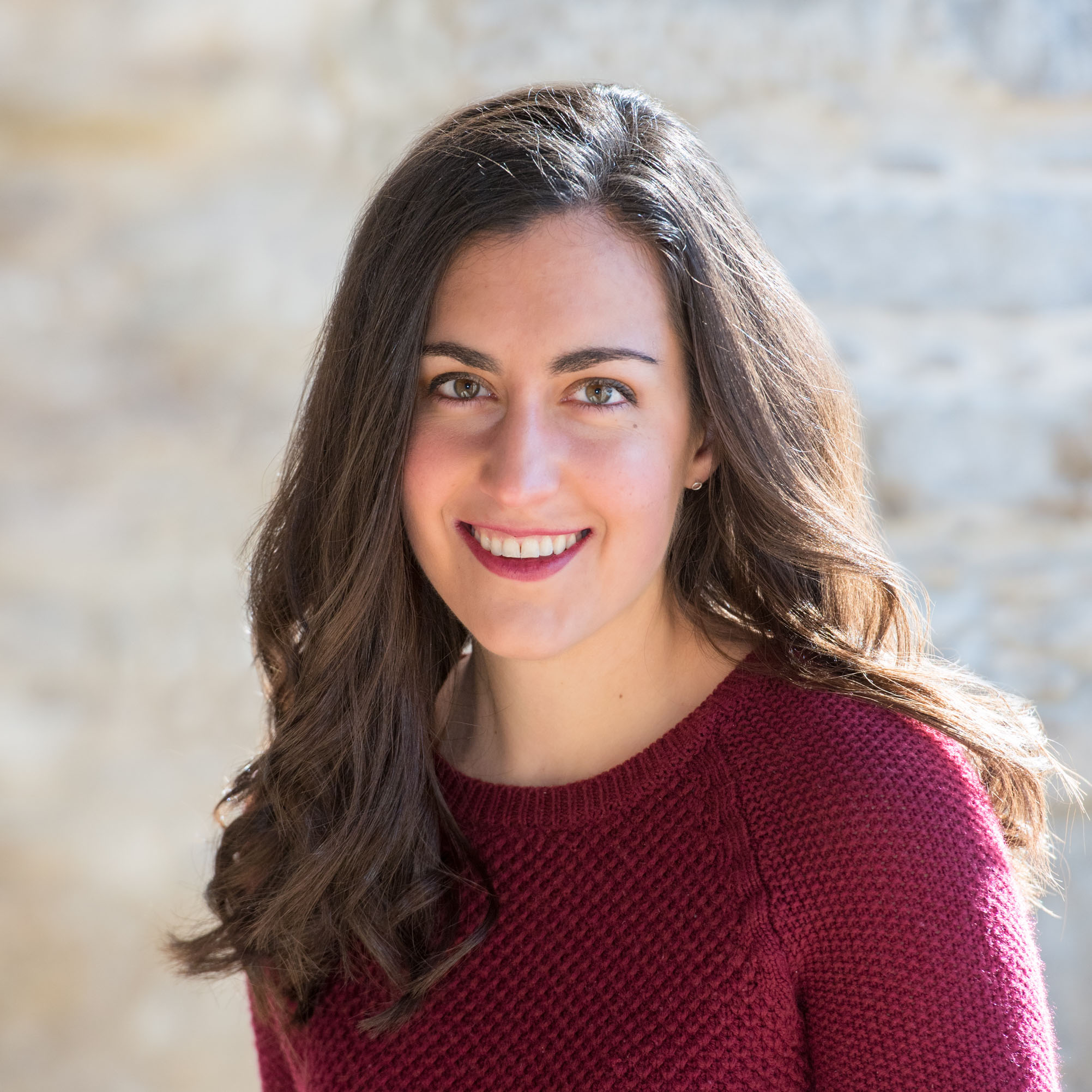
Emily Grayek
Postdoctoral Research Associate, Engineering and Public Policy
5000 Forbes Avenue
Pittsburgh, PA 15213
Bio
Emily received her PhD in Engineering and Public Policy from Carnegie Mellon University and B.S. in Bioengineering from University of Missouri - Columbia. Prior to joining CMU Emily worked in Technical Services at Epic Systems maintaining electronic record systems.
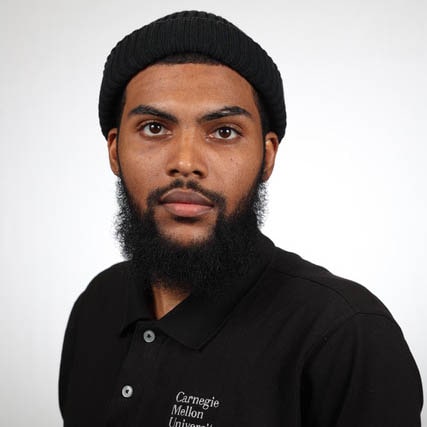
Victor L. Rodriguez
Doctoral Student, Engineering and Public Policy
5000 Forbes Avenue
Pittsburgh, PA 15213
Bio
Victor is a PhD student in the Engineering and Public Policy program, having joined in Fall 2019. Under the guidance of professor Baruch Fischhoff, Victor is deeply committed to researching lay people's risk perceptions and its impact on their decision-making processes.
The crux of Victor’s thesis revolves around the development of an innovative communication tool designed to convey crucial information on Brain Computer Interfaces (BCIs) to users of the devices. This user-centric tool aims to address the ways in which people genuinely process information, ultimately enhancing the overall user experience and empowering them to make informed decisions.
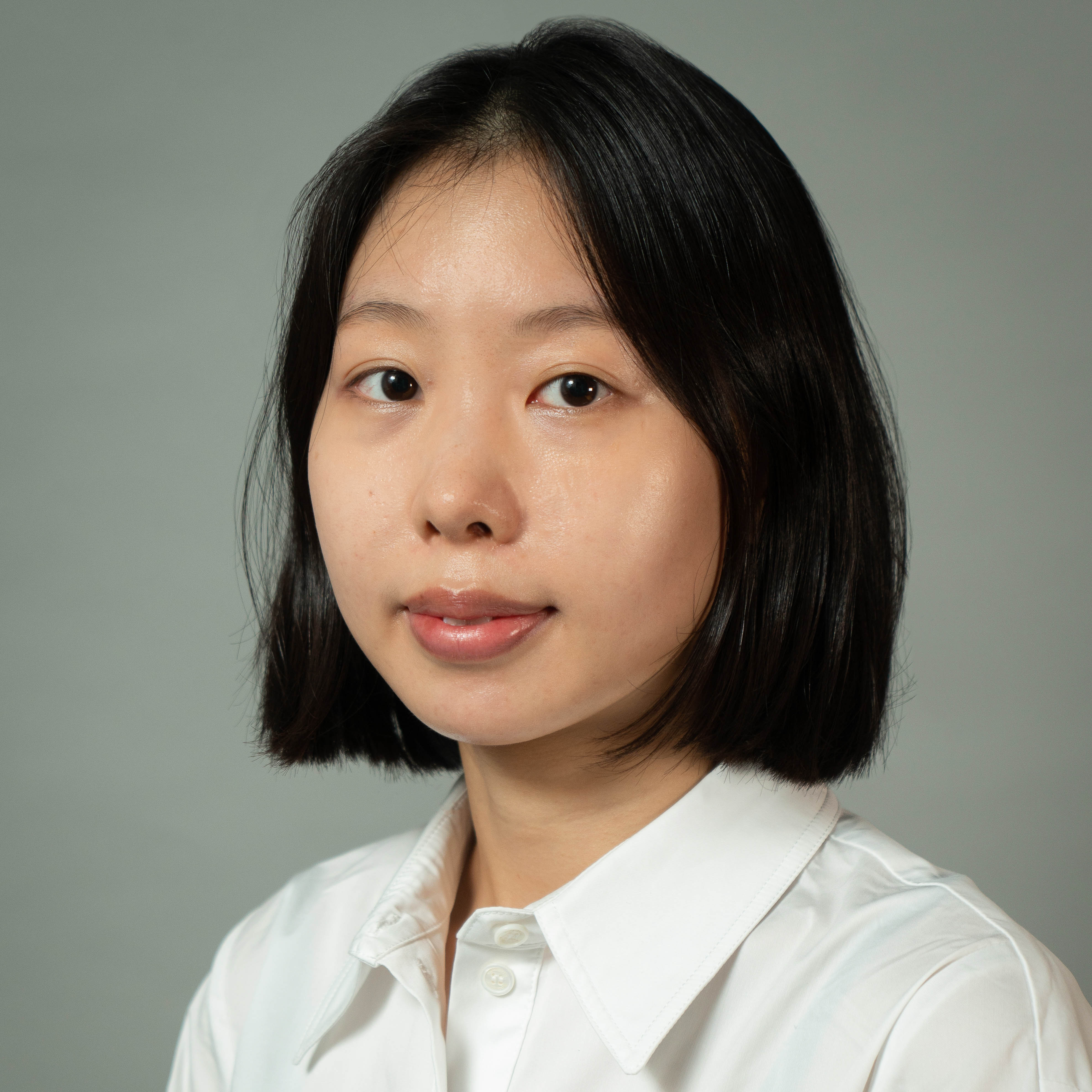
Yujin Seo
Doctoral Student, Engineering and Public Policy
5000 Forbes Avenue
Pittsburgh, PA 15213
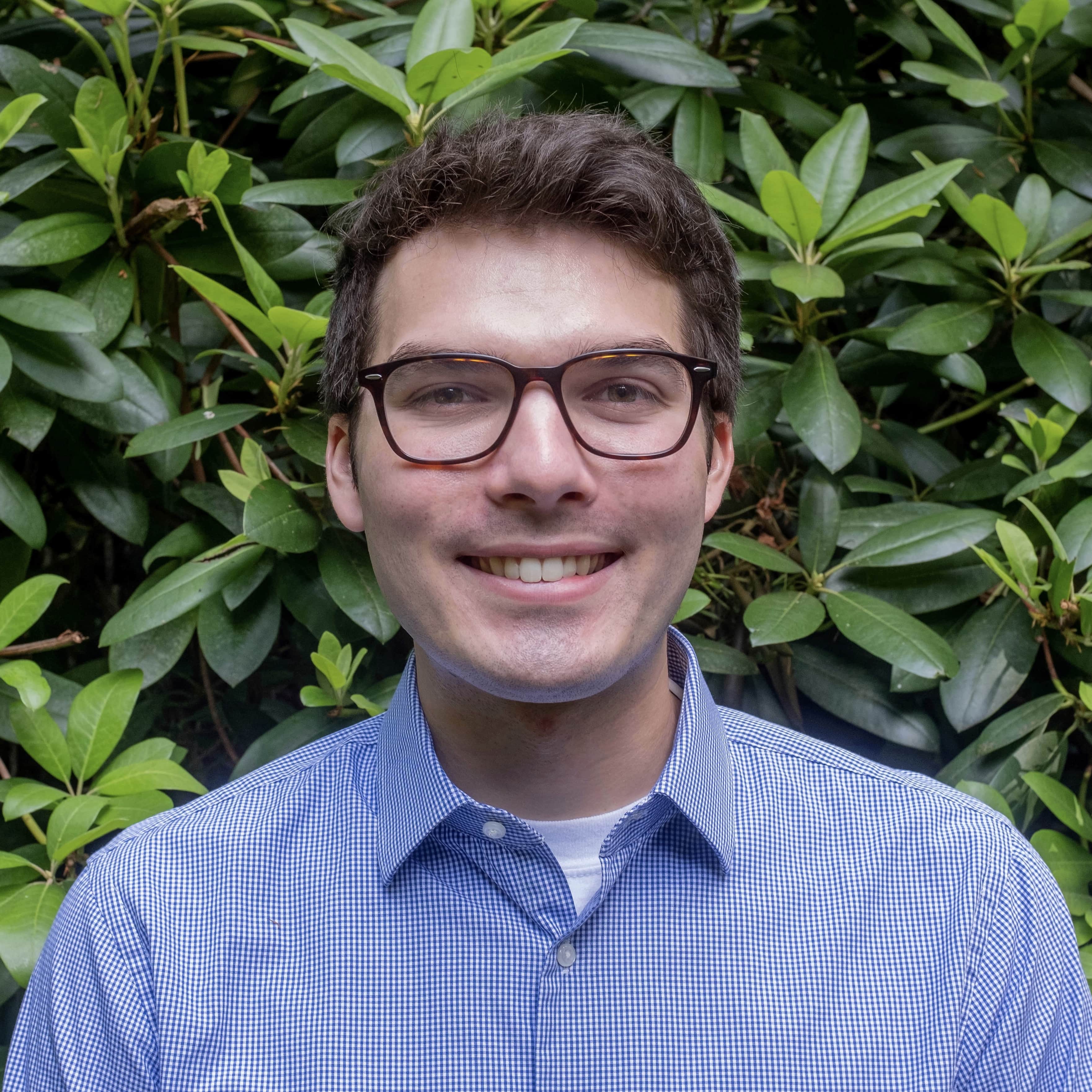
Ben Therrien
Doctoral Student, Engineering and Public Policy, Civil and Environmental Engineering
5000 Forbes Avenue
Pittsburgh, PA 15213
Bio
Ben Therrien (he/they) is a joint-degree Ph.D. student in the Departments of Civil and Environmental Engineering and Engineering and Public Policy. He works with Professor Gregory Lowry in Civil and Environmental Engineering to study fundamental nanoparticle-plant cell interactions to develop nanocarriers for improved agrochemical delivery efficiency. His research in Engineering and Public Policy, advised by Professor Baruch Fischhoff, is focused on risk perception, scientific communication, and emerging technology governance related to agricultural nanotechnology. Broadly, he is interested in using policy and stakeholder engagement to facilitate efficient and justice-oriented technology development. Ben holds a B.S. in Environmental Engineering from the University of Washington, Seattle, and an M.S. in Environmental Engineering from Carnegie Mellon University.